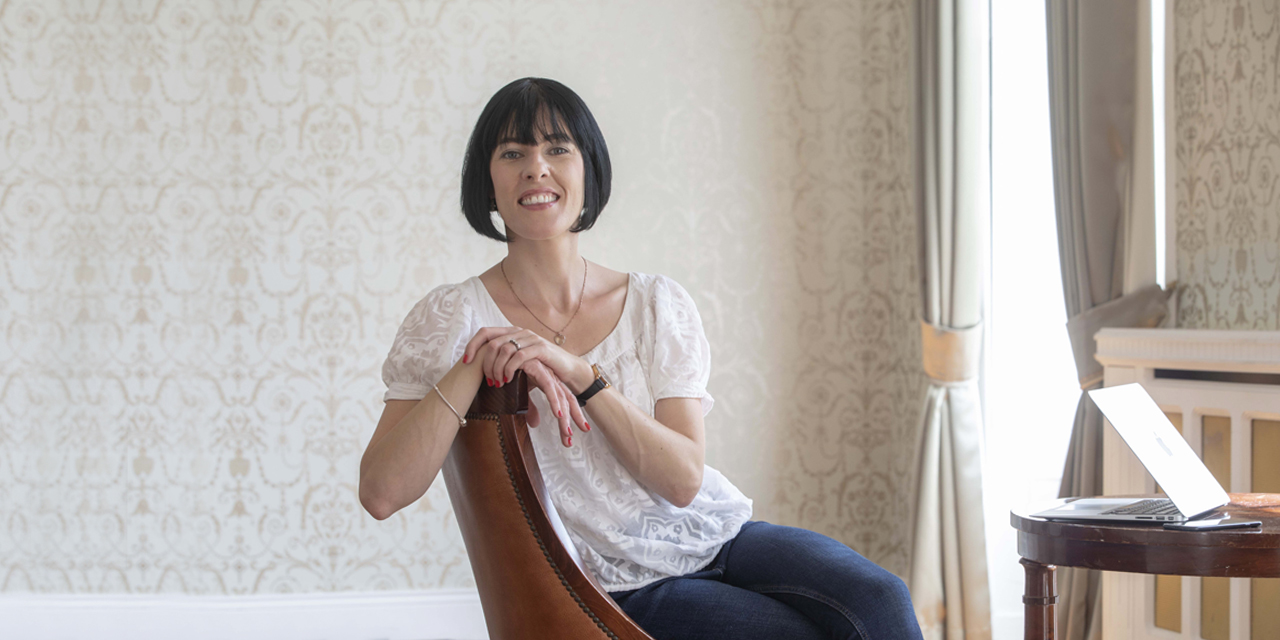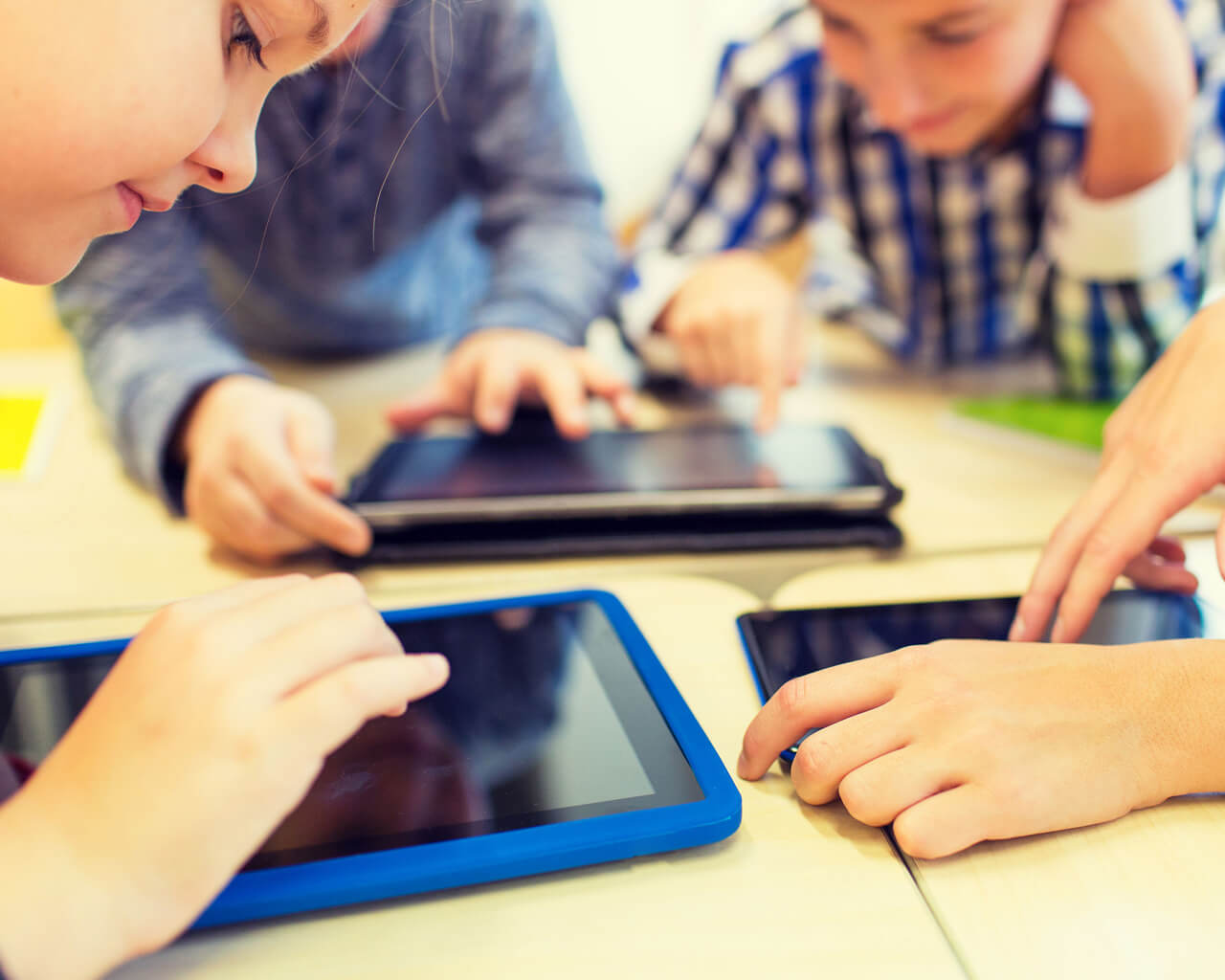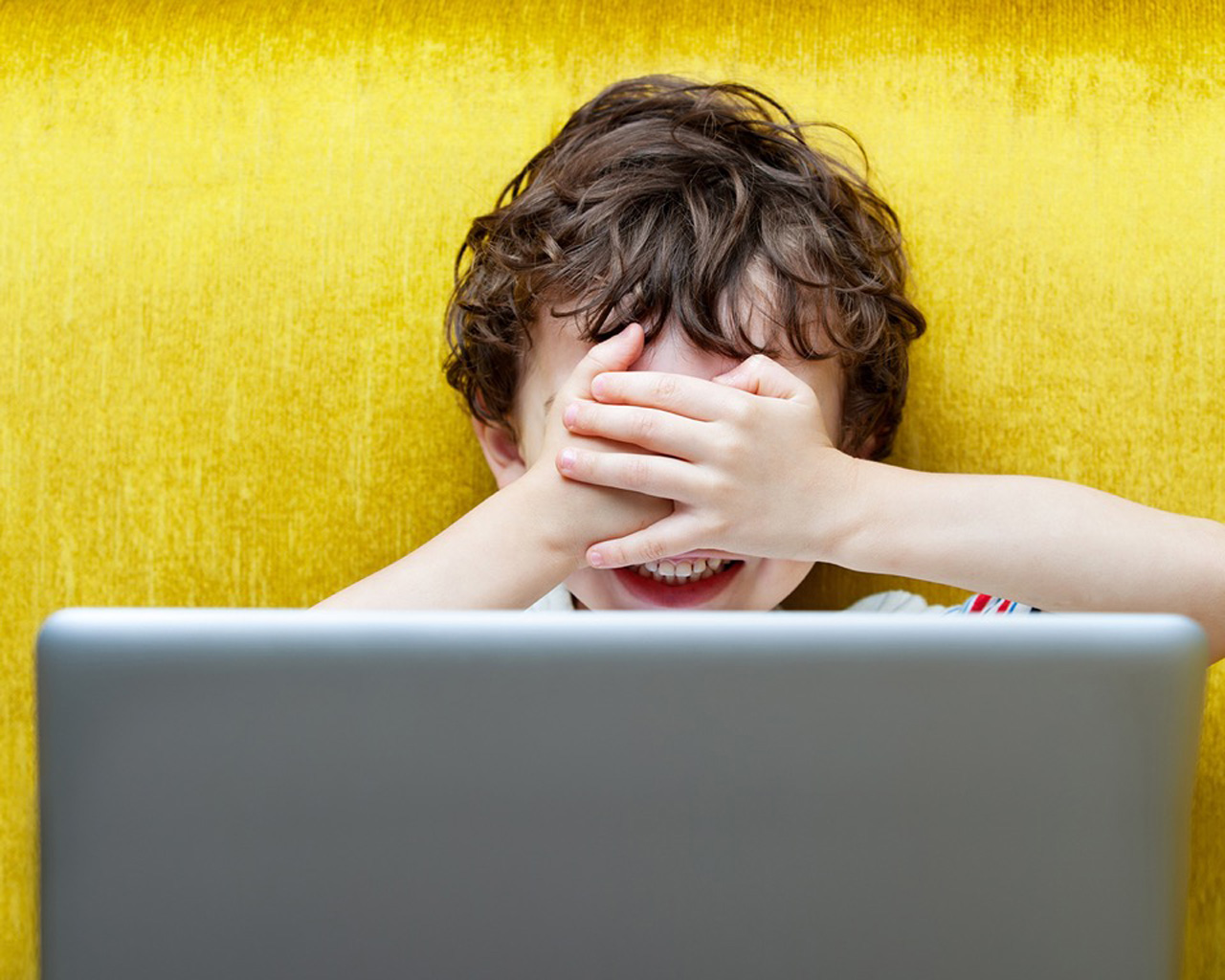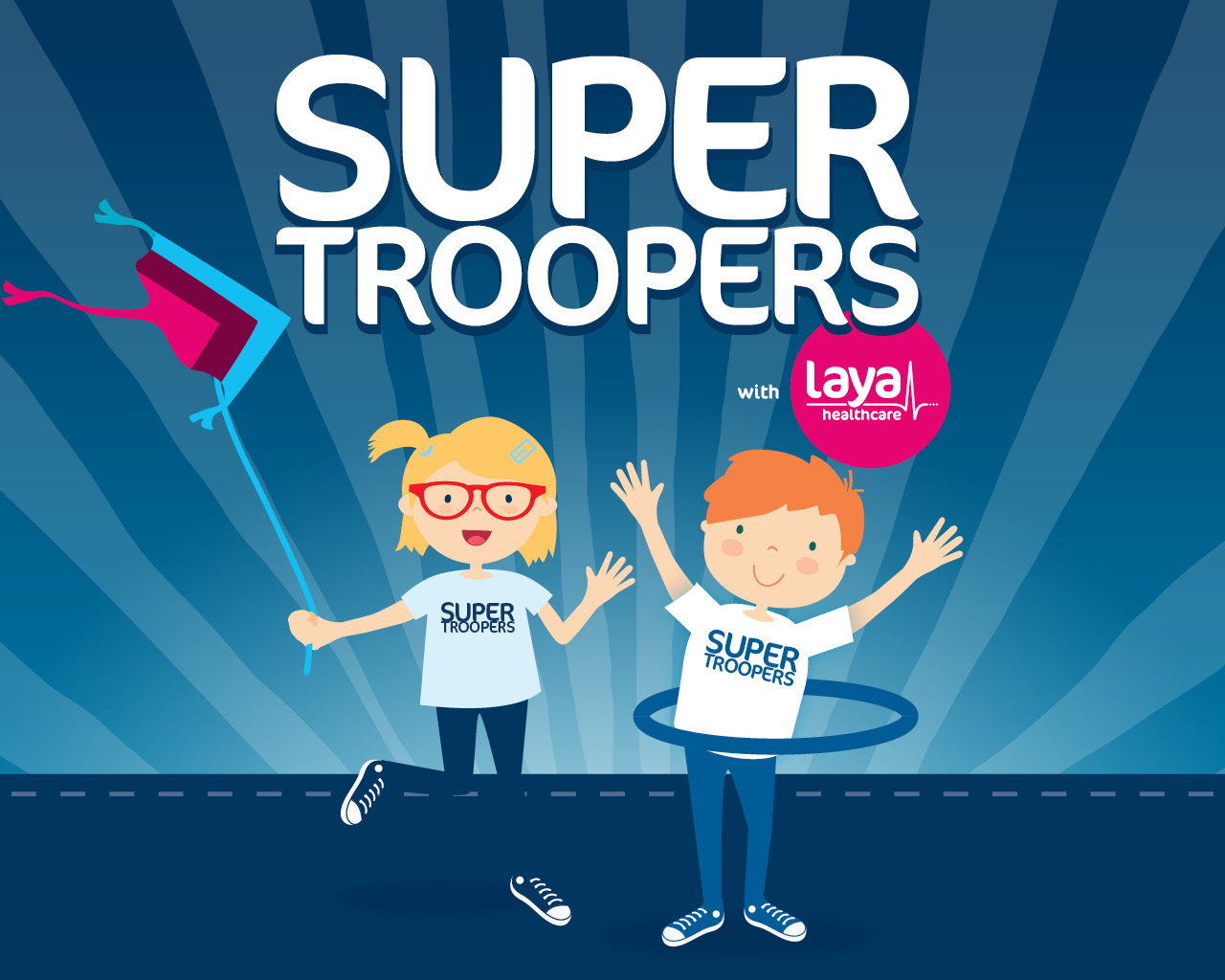Although ‘Gaming Addiction’ has recently been recognised by the World Health Organizations International Classification of Diseases Manual (ICD-11), SMAD is not specifically listed as a clinical disorder. Nonetheless, social media can become an anxiety provoking factor for some. A survey of Irish students last year, reported that 43% viewed social media as a source of stress in their lives (N=2500).
What Contributes To The Anxiety We Feel When Using Social Media?
‘Compare and Despair’
How we use social media is important. It is human nature to make comparisons, we do it in real-life and we do it online. But online, we are often comparing our reality to an illusion, an image of a life, an image of perfection. Students across Ireland tell me, “we know the images are edited so it doesn’t really affect us”. Yet in the same breath they tell me they use filters on their pictures daily and take multiple pictures from different angles before deciding on the “best” picture to share –we are constantly striving for perfection.
We need to ask ourselves what do we hope to achieve by sharing this? What are we looking for in return? If we are sharing for approval or validation, if we want someone to ‘like’ our picture, ‘re-tweet’ our tweet or give us a positive comment and we don’t get that response, that can contribute to feelings of inadequacy; low self-esteem; body image dissatisfaction and self-consciousness. This is exacerbated when we use multiple social media platforms, placing us at a greater risk for poor mental health outcomes including symptoms of distress, anxiety and depression. Research also shows that image focused sites such as Instagram and Snapchat, are the most detrimental to young people’s mental health and well-being.
‘Fear of Missing Out’ (FOMO)
Fear of Missing Out, refers to anxiety or worry that activities/events/occasions are taking place without you. It is characterized by constantly checking what friends/followers are doing so as not to miss out. FoMO has been associated with lower mood and life satisfaction and higher levels of social media engagement which in turn results in increased experiences of FoMO. Young people increasingly report that FoMO is causing them distress leading to feelings of anxiety, loneliness and inadequacy. Examples commonly given by students include, seeing all your friends at a certain location (as they have location turned on) and you were not invited/included. They can also experience anxiety from not being able to access social media, sometimes termed ‘nomophobia’ or ‘Fear of Being Offline’ (FOBO).
‘Notification Overwhelm’
“Beep”, “Buzz”, “Ding”, our devices are constantly demanding and dividing our attention. When we don’t or can’t respond to a notification, we can feel anxious, stressed and distracted. When we respond, our brains reward system is triggered, releasing dopamine, conditioning us for future notifications. I have spoken to young people who said they feel stressed, anxious or sick with the need to respond to everything – “why did you not like my picture?, why did you not comment?” Senior students often report even greater feelings of anxiety and depression when notifications are about a previous partner and their new love interest. Being constantly contactable, while offering great advantages, can be a source of stress and anxiety.
How Can We Manage Social Media Anxiety?
Calls have been made for Government, Social Media companies and policy makers to start warning about the danger social media poses to mental health in much the same way we warn about risks to physical health.It has been recommended that social media platforms should alert users if an image has been digitally manipulated by any means, to the amount of time users spend online, and to the potential risk of damage to mental health.
Many people who use social media, make comparisons and experience some level of FoMO but are not experiencing social media anxiety. However, if you find your relationship with social media is becoming more stressful, here are some practical tips that may help:
- Be conscious of how you use social media and its impact on your mood and well-being; How is your mood after using social media? Are you depressed or anxious?
- Limit your time on social media and the number of platforms you use, particularly if you find you spend most of your time creeping on other peoples’ accounts, comparing and despairing
- Choose friends/followers wisely, so as not to expose yourself to content that will only upset you and/or make you feel bad about yourself. Remember that what you see online is not always a true version of reality
- Turn off push notifications for social media, or if you are reluctant to turn off all notifications, enable ‘priority mode’ (android) or ‘do not disturb’ (iOS) so you will only receive notifications during a set time frame. Ironically, apps can also help you monitor and limit your social media use, such as In the Moment,Freedom or Space.
- Like anything that can affect your mental health, if you are concerned about your social media usage, talk to friends, parents, teachers and/or access help. The following links may serve useful for those looking for more information on anxiety, Reach Out Ireland , Spunout and Jigsaw.
If you found this blog post interesting you might like other blogs written by Maureen including Sexting, what parents need to know and Cyberbulling.







